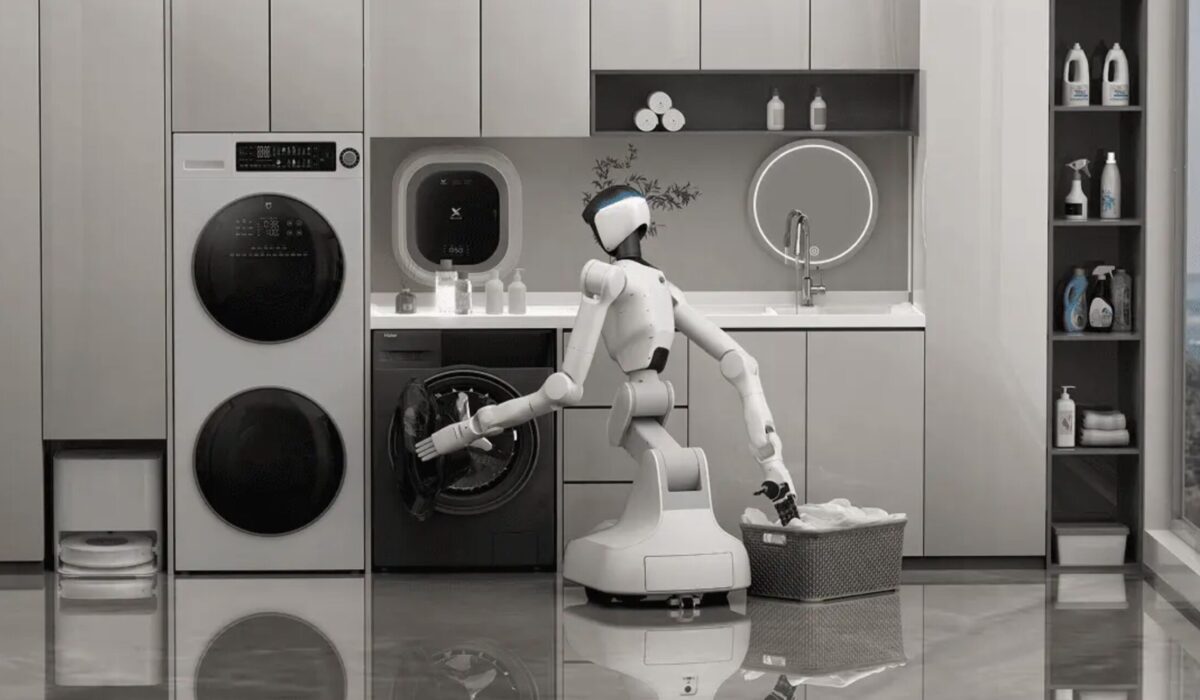Shenzhen’s $280M Bet on Robot Butlers
X Square Robot thinks humanoids infused with AI are ready to leave the lab and enter your living room. Investors are betting it could happen in just five years.
Shenzhen’s New Gold Rush
In the high-tech sprawl of Shenzhen, a startup that didn’t exist two years ago is pulling in Silicon Valley-sized money. X Square Robot has just raised another $100 million in a funding round led by Alibaba Cloud, pushing its total haul to $280 million since its December 2023 launch. The roster of backers reads like a who’s who of Chinese venture capital — HongShan (formerly Sequoia China), Meituan, and Legend Capital among them.
The message is clear: China is betting big that humanoid robots, supercharged by AI, are about to cross the threshold from clumsy prototypes to real consumer products.
“Robots have spent decades stuck on the basics. Now AI is giving them the ability to think, decide, and adapt.” — Yang Qian
Chatbots to Butler Bots
For decades, humanoids could manage little more than carrying boxes or waving stiffly for a camera. Generative AI has changed the equation. “Robots have spent decades stuck on the basics,” says COO Yang Qian. “Now AI is giving them the ability to think, decide, and adapt.”
X Square’s boldest step yet is Wall-OSS, an open-source foundation model for robotics. It’s a shot across the bow at global rivals — designed to let developers graft AI brains onto hardware ranging from mop-wielding humanoids to self-driving cars. By making it free and open, the company hopes to seed a community and lock in early mindshare.
“For robots to hit the consumer market, they need to be closer to $10,000. That’s achievable in three to five years.”
Hardware With Attitude
At the same event, X Square unveiled Quanta X2, a humanoid with pressure-sensitive hands and modular mop attachments for 360-degree cleaning. The prototype currently comes with a jaw-dropping $80,000 price tag, compared to $16,000 for rival Unitree’s humanoid. But Yang says costs will fall sharply: “For robots to hit the consumer market, they need to be closer to $10,000. That’s achievable in three to five years.”
Until then, X Square is targeting institutional customers — schools, hotels, and retirement homes in China, with expansion talks underway in Japan and Singapore.
Reality Check
For all the hype, AI for robots still trails far behind chatbots and code-generation tools. There are no clear benchmarks for “embodied AI,” and Yang admits humanoids won’t match ChatGPT-level smarts for at least another year. The hardware is heavy, the economics are fragile, and consumer trust is far from guaranteed.
“The cash pouring into humanoids suggests the age of service robots is finally arriving.”
But with China’s rapid push into AI — including homegrown alternatives like DeepSeek’s R1 — X Square is part of a bigger story: a national race to catch up, and possibly overtake, Western rivals in applied AI.
IPO Dreams
X Square is already generating revenue and has IPO ambitions as soon as next year. Yang hints at international expansion, but says the real inflection point will come when costs collapse and robots can enter middle-class homes.
The company’s audacious promise: robotic butlers in households within five years.
Whether that’s visionary or simply vaporware, investors are lining up. The wager is that Shenzhen, the city that built the smartphone supply chain, might just be the place that births the household robot revolution.

